Synthetic THC plus Natural THC and Its Medical Applications
Dronabinol is a synthetic form of tetrahydrocannabinol (THC), the primary psychoactive compound found in cannabis. While THC is naturally occurring in the cannabis plant, Dronabinol is produced in a laboratory to mimic the effects of natural THC. It is marketed under the brand name Marinol and is approved by the FDA (Food and Drug Administration – USA) for specific medical uses.
Differences Between Dronabinol and Natural THC
Source
Natural THC, on the other hand, is found in cannabis plants along with hundreds of other cannabinoids, terpenes, and compounds. The combination of these substances, known as the entourage effect, is believed to contribute to the overall therapeutic effects of cannabis, with THC being just one component of the plant's complex chemical profile.
Composition
Natural THC in cannabis is accompanied by other cannabinoids like CBD, CBG (cannabigerol), and CBN (cannabinol), which may enhance or balance the effects of THC.
Administration
Natural THC can be consumed in various forms, including smoking, vaping, edibles, tinctures, and oils. The method of consumption affects the onset, intensity, and duration of effects, which can be less predictable compared to the standardized dosing of Dronabinol.
Regulation and Legal Status
Natural THC, found in cannabis, is classified as a Schedule I drug under federal law in the U.S., meaning it is considered to have a high potential for abuse and no accepted medical use at the federal level, despite its legality for medicinal and recreational use in many states.
Effects
Natural THC is often preferred by some patients for its more holistic effects, as the presence of other cannabinoids may enhance therapeutic outcomes, reduce side effects like anxiety, and contribute to a more balanced experience.
Medical Applications of Dronabinol
Treatment of Nausea and Vomiting from Chemotherapy:
Appetite Stimulation in AIDS Patients:

Considerations and Side Effects
Effectiveness
Side Effects
Onset and Duration
Legal and Accessibility
Conclusion:
Dronabinol is a valuable pharmaceutical option for patients suffering from chemotherapy-induced nausea and AIDS-related anorexia, particularly when other treatments have failed. However, while it offers the therapeutic benefits of THC, it differs from natural cannabis in its composition, effects, and regulatory status. For some patients, the synthetic form may not fully replicate the therapeutic benefits of natural cannabis due to the absence of the entourage effect. Nonetheless, Dronabinol serves as an important tool in the medical management of specific conditions, offering relief in controlled and standardized dosages.


